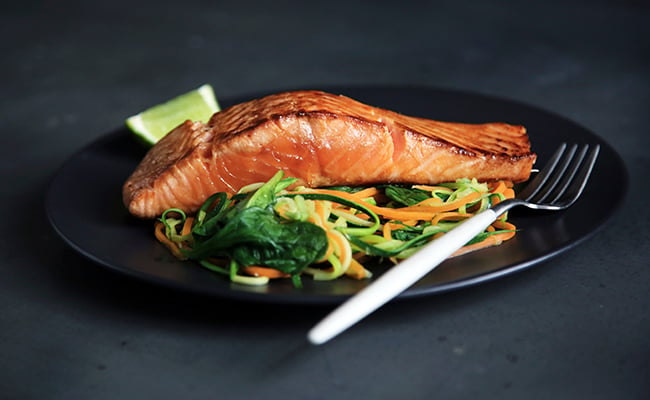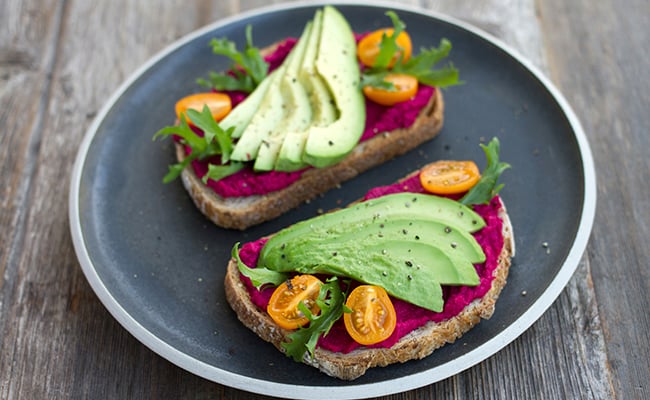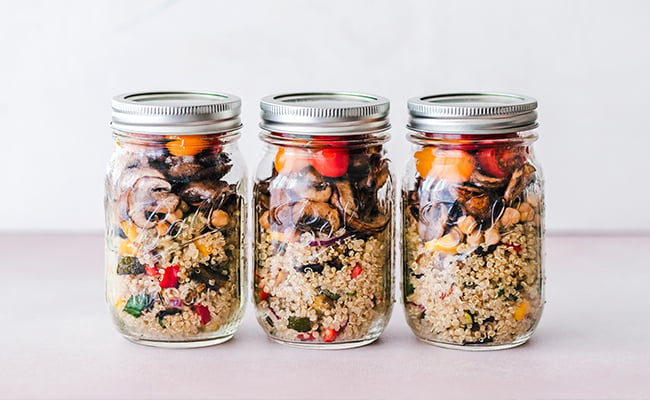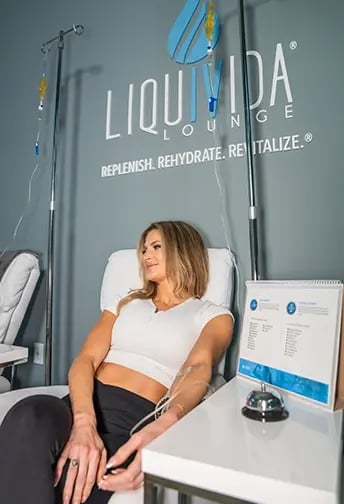Yaaaaawn. Are you as tired as I am? No matter what I do, I always feel sleepy. I try to go to bed early, and I try to sleep in when I can. I exercise regularly, I eat healthily, my mattress is decent enough, but I never feel like I have enough energy. Sometimes I drink coffee, sometimes I drink tea, and sometimes I just drink water, but nothing seems to help. So what can I do? Well, my physician told me I should try to get more vitamins and minerals into my body. Here are some nutrients he recommended to give me more energy:
Let’s Talk About Vitamin B12.
B12 was the first vitamin my doctor told me about. I told him how I have low energy and always feel tired. He said that it is very common for people who have a B12 deficiency. Vitamin B12 is an essential nutrient that your body can’t make on its own. You need to get it from your diet or supplements. It works by helping the body convert food into glucose. The glucose, in turn, gives your body the energy it needs to get through the day. Without B1,2 converting food into glucose, your body won't get the energy it needs.

You can find B12 in foods like beef, tuna, sardines, clams, salmon, eggs, and dairy products. If you don’t eat meat, you can take B12 supplements, or you can take B12 shots. These injections can boost your energy level if you are B12-deficient. Besides feeling more energetic, B12 shots have plenty of other great health benefits, too. It’s worth a shot.
What Can CoQ10 Do for You?
Another nutrient my doctor mentioned was Coenzyme Q10. He said it’s a naturally occurring antioxidant that can be found in foods like cabbage, broccoli, oysters, avocados, oranges, and certain types of meat, though it’s better to take CoQ10 as a supplement or as part of an IV drip. The reason is that you have to eat a ton of those foods mentioned above to get the recommended daily intake.

People with CoQ10 deficiency have mental and physical fatigue, a weak immune system, and chronic pain. This antioxidant plays a fundamental role in energy production and prevents free radicals from damaging your cells. Since it improves energy, it’s been known to boost athletic performance and decrease inflammation in healthy people who are not necessarily deficient. It also aids with heart disease, diabetes, fertility, and skin health. It also has a low toxicity level, so you won’t have to worry about getting sick from accidentally taking too much. If you’re interested in seeing if you need more CoQ10, you can take a micronutrient test to find out if you’re deficient.
How Does Magnesium Benefit Your Body?
Magnesium is a mineral that also helps with converting food to energy. It’s one of the most abundant nutrients in the body, but my doctor told me I might not be getting enough of it. About half of the people in the US don’t get enough magnesium daily. People with magnesium deficiency have fatigue, weakness, muscle pains, nausea, and loss of appetite. If you have low levels of magnesium, you can feel numbness, have seizures, have abnormal heart rhythms, and even personality changes.

Magnesium has been known to help with sleep, depression, migraines, diabetes, and inflammation. Foods that are rich in magnesium include avocados, dark chocolate, whole grains, bananas, leafy greens, nuts, and legumes. Of course, the easiest way to get magnesium into your body is with intravenous supplements of intravenously. That way, you don’t have to eat a lot of different foods just to get the right dosage. Also, most of what you eat gets digested, so you don’t feel the full benefits. It’s best to get it directly injected into your bloodstream so you can feel it right away.
Why Is Iron Important for Your Diet?
Iron Man is a superhero not just because he is courageous and has cool gadgets, but also because he has the energy to fight all the bad guys. You know how he gets that energy? He gets plenty of iron in his diet! All kidding aside, iron is an essential mineral that helps oxygen circulate throughout the body. If you are iron-deficient, you might notice some weakness, fatigue, chest pain, poor appetite, brittle nails, and pale skin.

If you want to add more iron to your diet, make sure to eat plenty of shellfish, spinach, red meat, quinoa, turkey, legumes, and broccoli to boost your immune system, help muscle growth, improve concentration, and regulate body temperature. You should make sure you also don’t take too much iron. If you take more than the daily recommended amount, you could feel nausea and stomach pain. If you are taking an excessive amount, you can even have liver damage and heart problems. It’s best to consult with your doctor before getting iron supplements.
Why Do You Need Vitamin D?
I was also recommended Vitamin D. According to my blood tests, I was Vitamin D-deficient. Fatigue, tiredness, a weak immune system, depression, and muscle pain are all symptoms of this deficiency. It made sense because I’ve been working from home a lot and not getting enough sunlight. My doctor recommended 30 minutes of direct sunlight each day or told me to take D3 supplements. He also told me about good food sources like salmon, mushrooms, and egg yolks. Vitamin D is a very important vitamin, and without it, we can’t really function.
Next Steps to Get More Energy.
After meeting with my doctor, I decided to get some IV therapy in Fort Lauderdale, since it’s close to my home. It gave me a rush of nutrients my body was craving. I felt immediately better and felt like I could run a hundred miles. I plan on going back every month or so to make sure I don’t get deficient. In between IV appointments, I’m going to take supplements of Iron, Vitamin D, Magnesium, CoQ10, and B12. I’m also monitoring my diet and making sure I eat plenty of seafood, avocados, leafy greens, and some whole grains. I’m already feeling more energetic, and these nutrients helped put the pep back in my step.









 By Liquivida®
By Liquivida®

